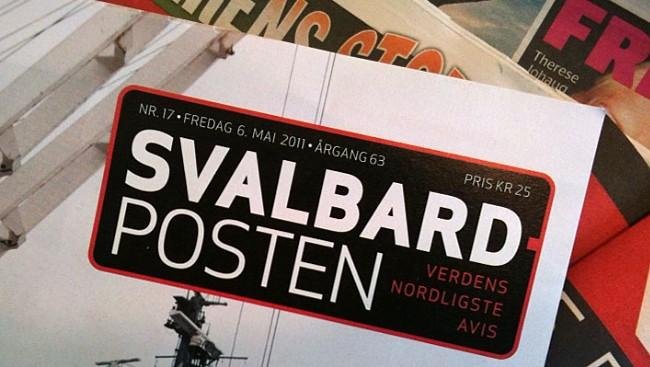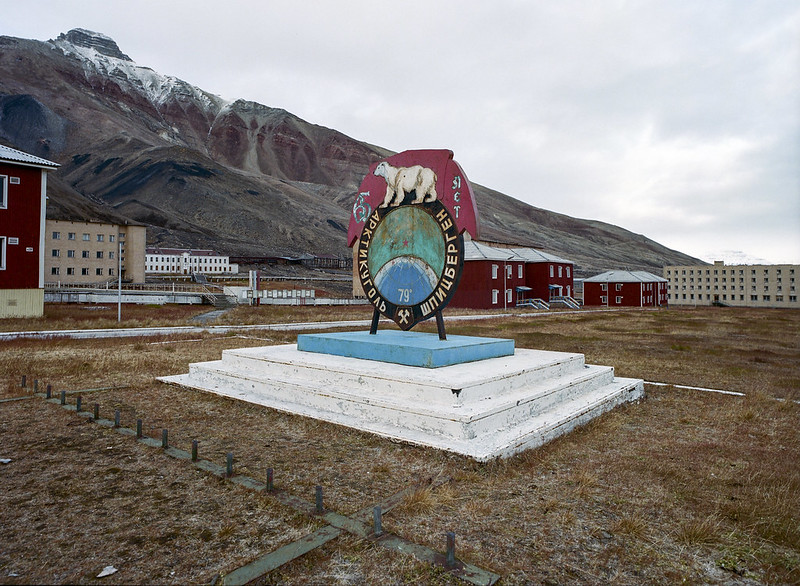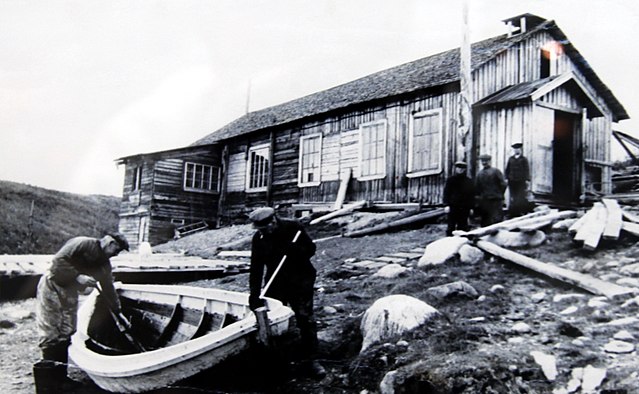
Hallo! That’s hello in Norwegian and god morgen! You guessed it, that was good morning in Norwegian. For this blog, we’ll be looking at the languages spoken in Svalbard. An iconic name that comes with the idea of being far, far away like Timbucktu only much, much colder, few people actually know what is the deal with Svalbard. You might have an idea that the region is related to polar bears but, what language is spoken in Svalbard exactly.
Svalbard is actually a territory of Norway, so Norwegian, the language of Norway, duh, would be the number one language in Svalbard. However, Svalbard is also a special territory. It is, in fact, the only place in the world that is entirely visa-free. What we mean by that is that anyone, from anywhere can live and work in Svalbard without a visa. The trick, though, is that to get to Svalbard, you are most likely to have to fly through mainland Norway, which very much has a much stricter visa policy. So, unless you take your own raft to reach Svalbard (we wouldn’t recommend it), you’ll probably have to deal with some visa policies to get there. Still, Norwegian is the most common language of Svalbard, which gives the language a few world records. The northernmost newspaper in the world, the Svalbard Posten, is published in Norwegian.
You might wonder what being a totally visa-free region has to do with the languages spoken in Svalbard. Well, it make answering our question much trickier. Indeed, since it is visa-free, a lot of people from diffrent nationalities have come to this northern settlement seeking fortune. For example, 10% of the population of Svalbard are… Thais! This mean that, of all language, the sunny tones of Thai are spoken in Svalbard. Many other immigrants have also brought their own languages with them, making the archipelago one of, if not the most linguistically diverse isolated places in the world.
Table of Contents
Soviet influences in Svalbard

Russian is also spoken in Svalbard. This is because Svalbard had many settlements founded during the Soviet Union and many now Russian citizens have stayed behind. During our cruise, chartering our very own schooner, we’ll be visiting such settlements, such as Barentsburg. The use of Russian is still well-spread and you are likely to hear it even in the capital of Svalbard, Longyearbyen
Languages of researchers

Another fact that contributes to the astounding linguistic diversity of Svalbard is research. Indeed, much of the international research community has established research facilities in the Arctic, with Svalbard as the doorstep. Amongst others, China, Germany, France, Italy, Japan, the United Kingdom and South Korea have some sort of research stations (some running all-year long but most do not) in Svalbard. Most of them are located in Ny-Ålesund. So you can hear a lot of languages in Svalbard from Chinese to Italian.
A language unique to Svalbard

Interestingly enough, Svalbard once had its own language : Russenorsk. Astute readers will figure out by the name that Russenorsk, also called Russonorsk, is in fact a mixture of Russian and Norwegian or, in other words, a pidgin language composed of elements of both languages. It was used as a common language between whalers and traders dealing in the Arctic. This language is now sadly extinct, as it stopped being spoken with the standardisation that came along the Russian Revolution. Also, the Norwegian-speaking colonies and the Russian-speaking ones grew more and more isolated from each other, especially at the dawn of World War II. There were many things you simply couldn’t speak of in Russenorsk. Since it was a pidgin language, its vocabulary was focused on fishing and trading, not so ideal if you want to discuss about Playstation 5 or describe the different strains of Coronavirus…
Long story short, before you come with us to Svalbard, it might pay off to learn how to say thank you in Norwegian, how to say hello in Russian and how to say goodbye in Thai!





